As the Chinese New Year begins, it ushers in a time of reflection and renewal marking the arrival of the Year of the Snake, according to the Chinese zodiac, which follows a 12-year cycle of animals. With deep cultural significance, the festival not only celebrates the end of winter and the beginning of spring but also offers a chance to start anew with hope, tradition, and joy.
Chinese New Year, also known as the Lunar New Year or Spring Festival, has roots that stretch back over 3,500 years. It is the most important holiday in China, marked by various customs that bring families together to honour the past and welcome the future. This year, the holiday falls between January 28 and February 4, marking the return of the Snake in the zodiac cycle. The last Year of the Snake was in 2013, and those born in 2025 will share this animal’s traits—known for being wise, perceptive, and resilient.
In Chinese culture, each zodiac animal influences the characteristics of those born in its year. The Snake is associated with intelligence and intuition, often seen as both mysterious and strategic. This year, the Snake symbolises both the yin and yang: it represents darkness, femininity, and mystery but also renewal, growth, and wisdom. Known as a "little dragon," the snake’s ability to shed its skin signifies new beginnings, transformation, and good luck.
The customs and traditions associated with the festival reflect a deep respect for family and heritage. Homes are meticulously cleaned to rid them of bad luck, while red decorations such as lanterns and spring couplets adorn doorways to invite prosperity. The giving of red envelopes (hongbao) filled with money is a symbol of good fortune and a way to strengthen familial bonds. This is a time for families to come together, share meals, and embrace optimism and hope for the year ahead.
The Snake’s symbolism is powerful, intertwining notions of love, wealth, wisdom, and longevity. In Chinese folklore, the snake is often paired with the turtle and crane to represent these virtues. In particular, the “Legend of the White Snake” speaks to the complex nature of the snake, showing its connection with both danger and beauty, love and wisdom.
As the Year of the Snake begins, it is a chance to embrace its qualities of renewal and insight, navigating the year with wisdom and perseverance while celebrating the rich traditions that make this time so special.
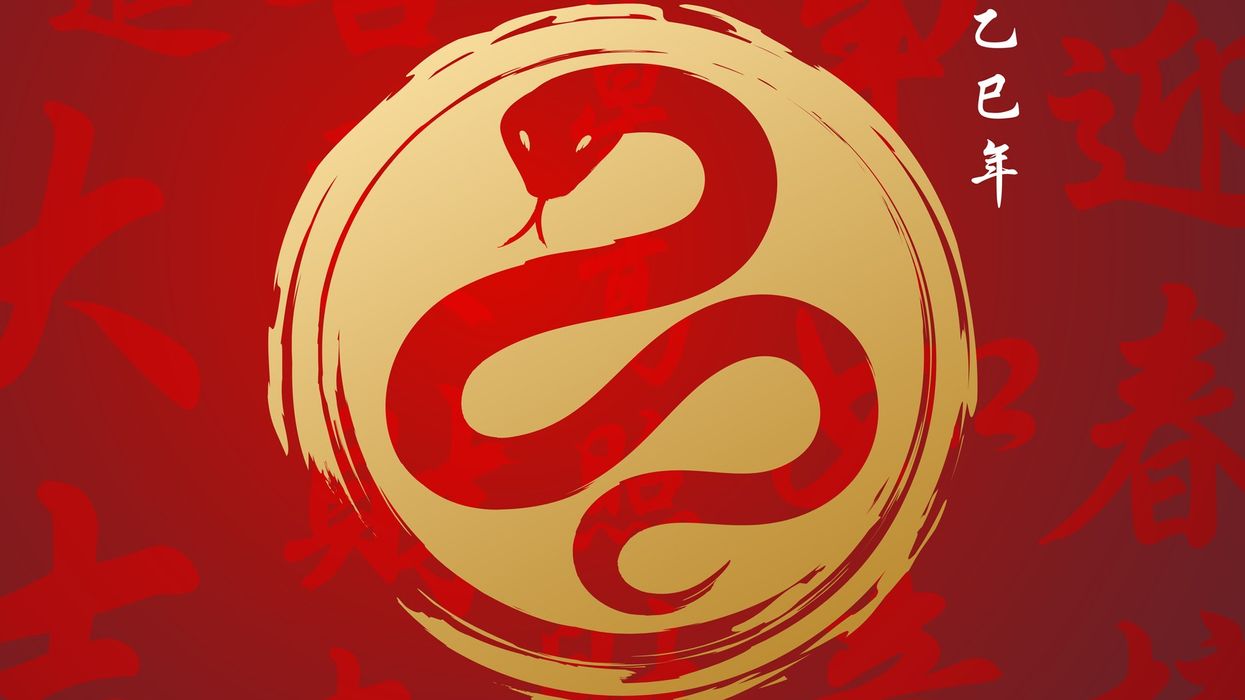















 Christopher Nolan’s The Odyssey poster debuts in cinemas with exclusive teaser trailerGetty Images
Christopher Nolan’s The Odyssey poster debuts in cinemas with exclusive teaser trailerGetty Images 
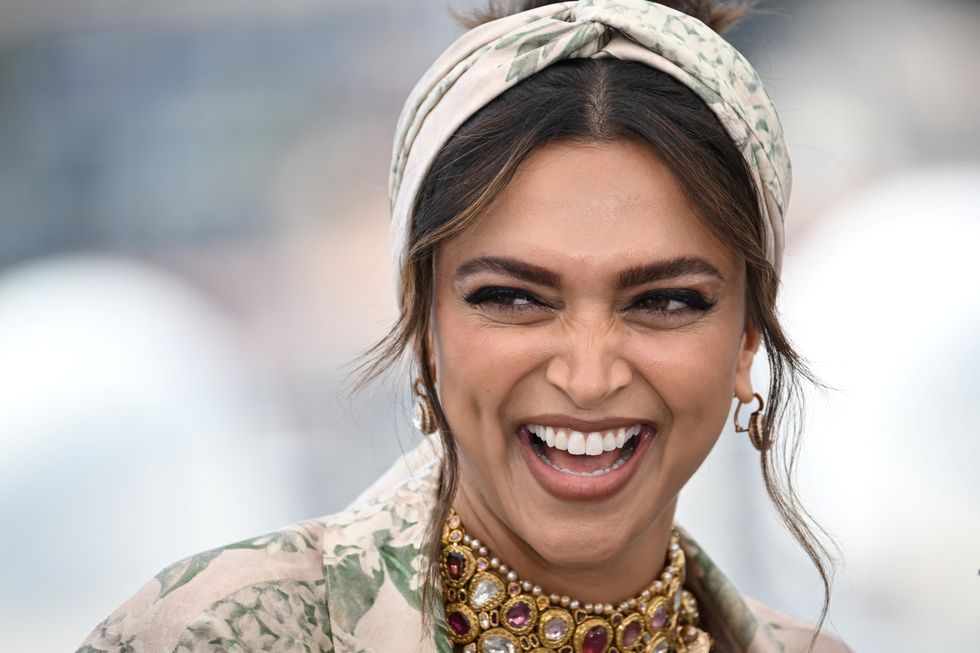 Deepika Padukone to get Hollywood Walk of Fame star Getty Images
Deepika Padukone to get Hollywood Walk of Fame star Getty Images 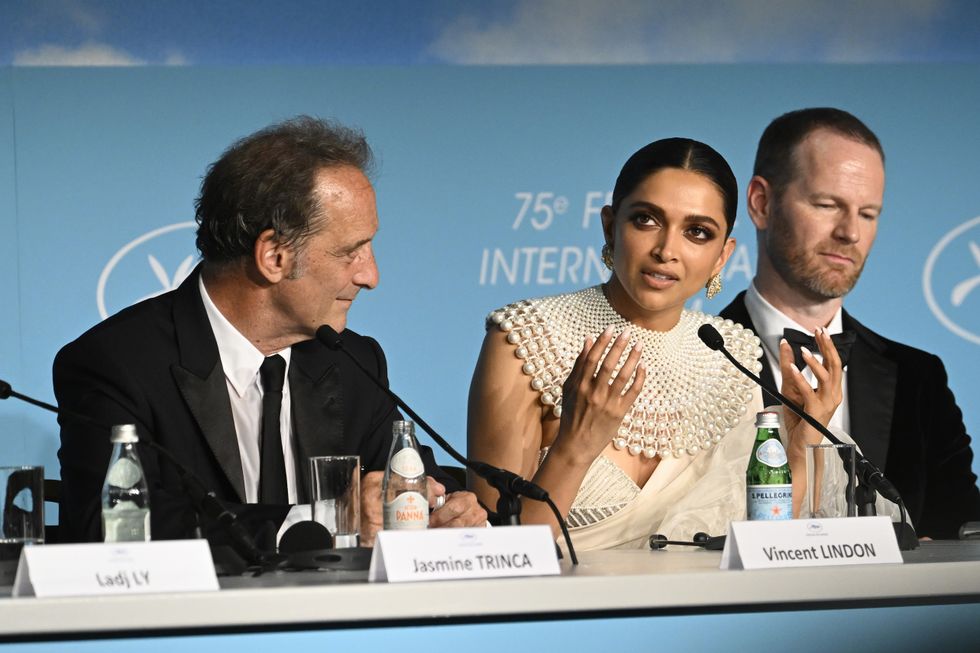 Jury Member Deepika Padukone attend the Palme D'or winner press conference Getty Images
Jury Member Deepika Padukone attend the Palme D'or winner press conference Getty Images 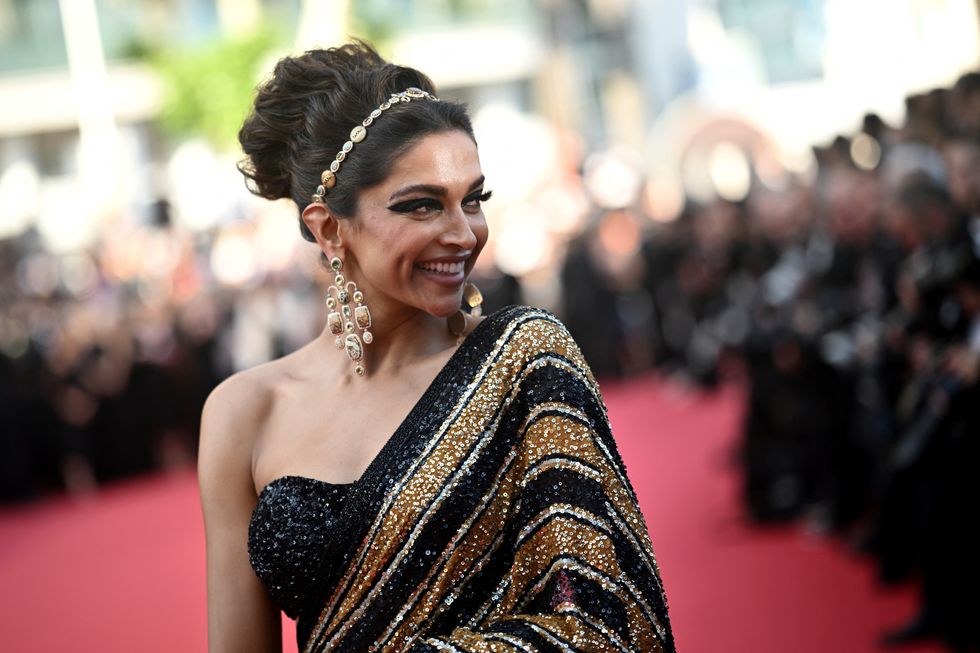 Deepika Padukone honoured with Hollywood star in 2026 Getty Images
Deepika Padukone honoured with Hollywood star in 2026 Getty Images  Deepika Padukone becomes Walk of Fame honouree in 2026Getty Images
Deepika Padukone becomes Walk of Fame honouree in 2026Getty Images 
 Charlize Theron poses with her Oscar for Best Performance by an Actress in a Leading Role during the 76th Annual Academy AwardsGetty Images
Charlize Theron poses with her Oscar for Best Performance by an Actress in a Leading Role during the 76th Annual Academy AwardsGetty Images  Charlize Theron stars in "The Cider House Rules"Getty Images
Charlize Theron stars in "The Cider House Rules"Getty Images  Charlize Theron attends the Los Angeles Premiere of Netflix's "The Old Guard 2" Getty Images
Charlize Theron attends the Los Angeles Premiere of Netflix's "The Old Guard 2" Getty Images Charlize Theron during the 2010 Soccer World Cup Final Draw Getty Images
Charlize Theron during the 2010 Soccer World Cup Final Draw Getty Images
 Ramayana teaser out featuring Ranbir Kapoor and YashYoutube Screengrab
Ramayana teaser out featuring Ranbir Kapoor and YashYoutube Screengrab 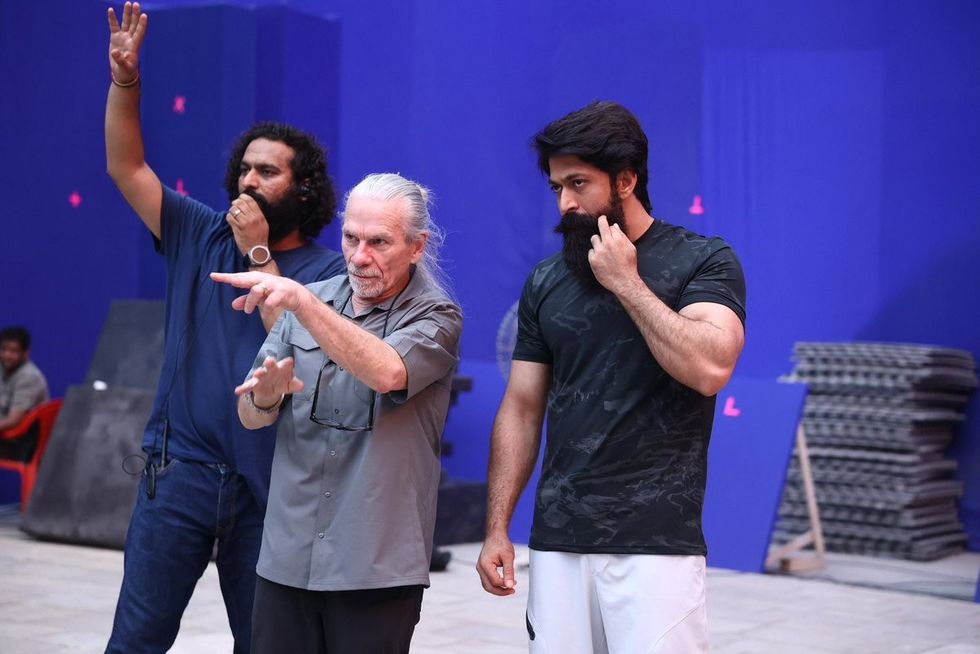 Yash in discussion with stunt director Guy Norris during Ramayana shoot Twitter/@SumitkadeI
Yash in discussion with stunt director Guy Norris during Ramayana shoot Twitter/@SumitkadeI